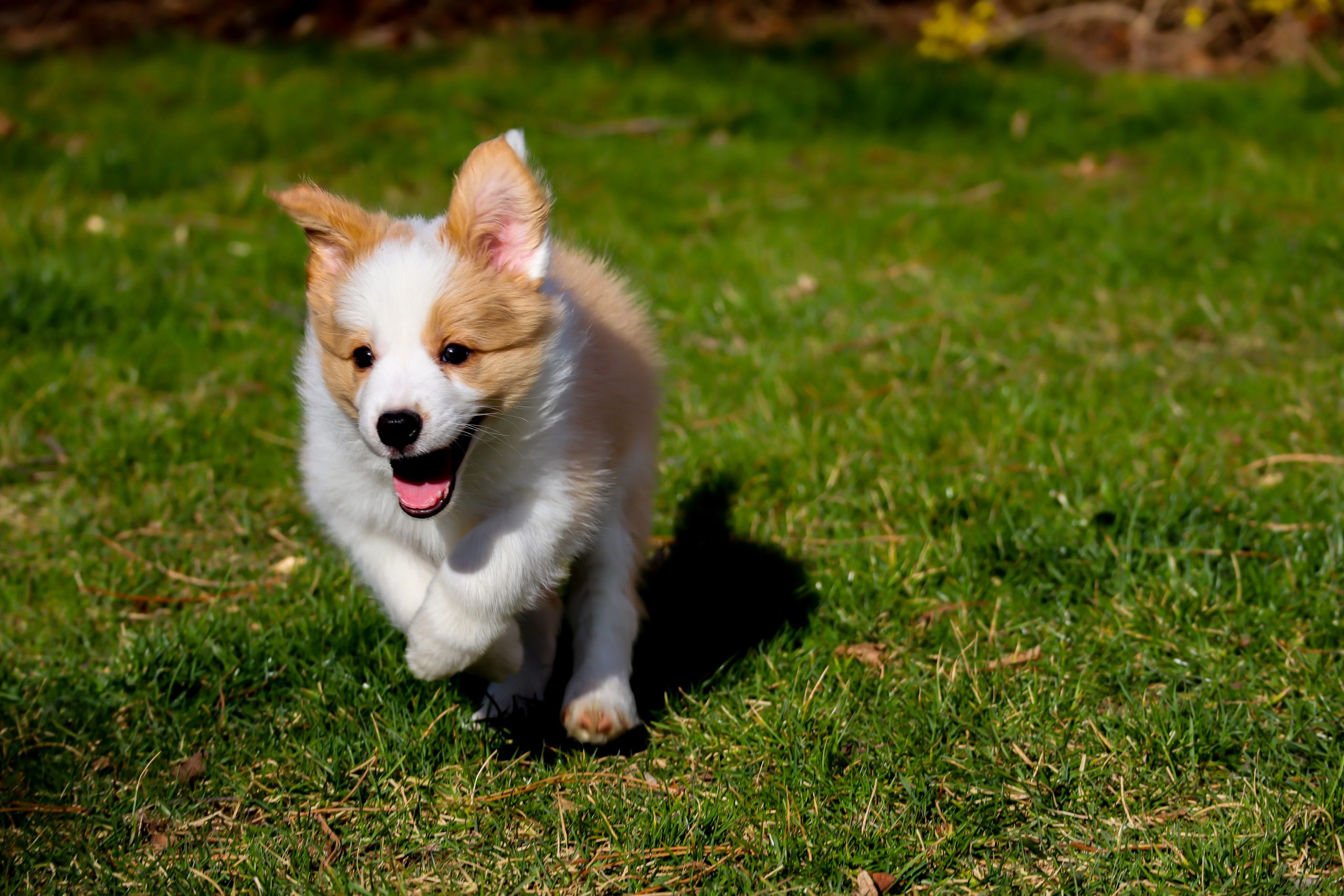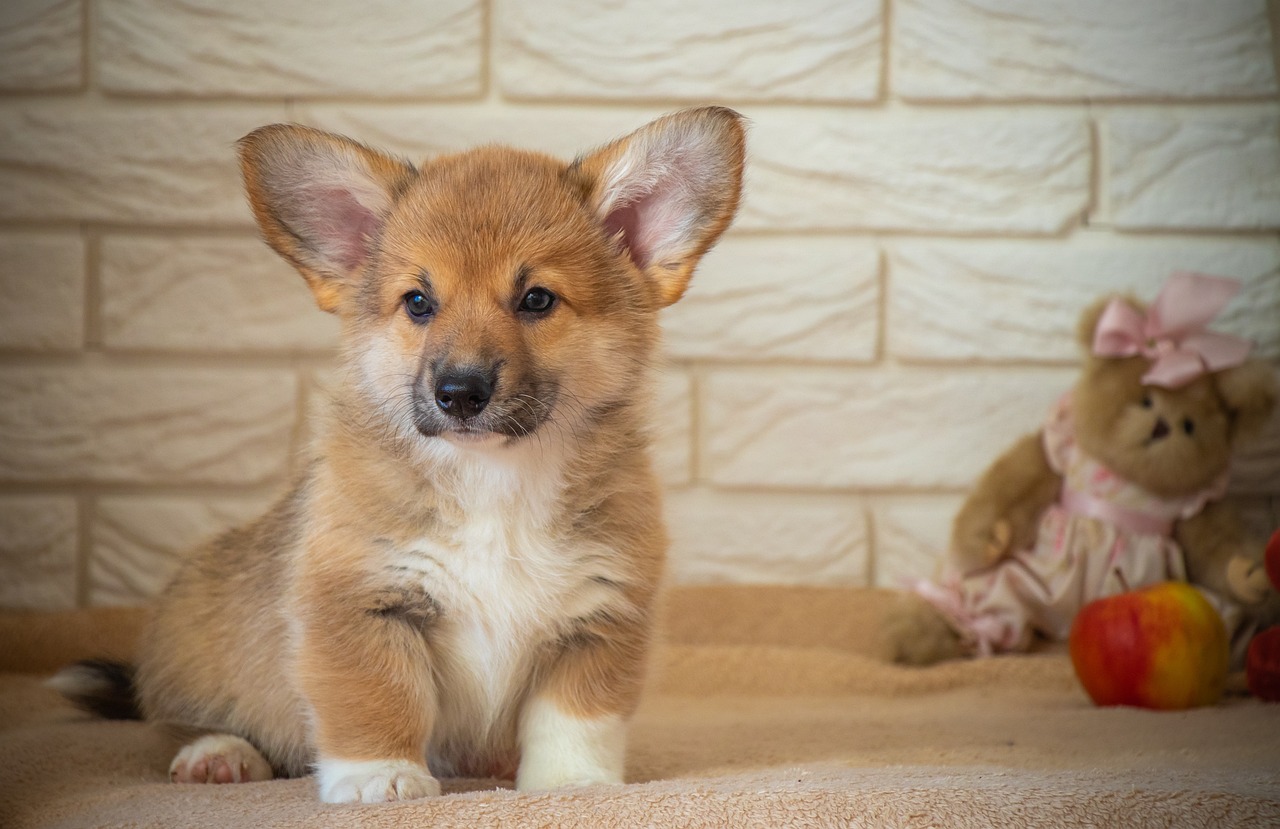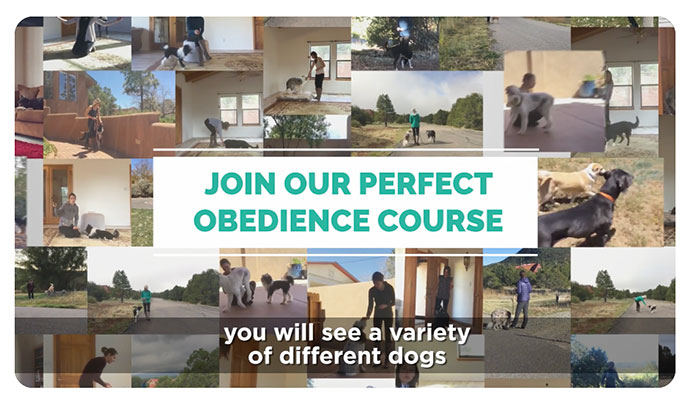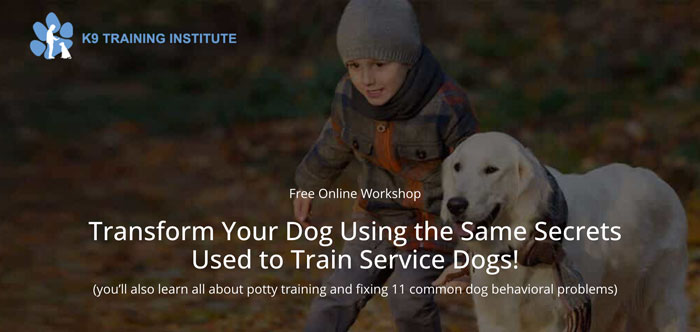Proper socialization is paramount for every dog breed, and Corgis, with their spirited and outgoing nature, are no exception. Ensuring that your Corgi puppy is well-socialized will result in a well-rounded, confident adult dog.
The Right Ways to Socialize a Corgi Puppy
 Here are the ideal steps to effectively socialize your Corgi puppy:
Here are the ideal steps to effectively socialize your Corgi puppy:
1. Start Early but Gradually:
- Begin the socialization process between 8 to 14 weeks, as this is a critical window for shaping behaviors. Start with short, positive experiences and gradually increase exposure over time.
2. Positive Reinforcement is Key:
- Reward your Corgi puppy with treats, praise, or toys every time they have a positive interaction. This will help them associate new experiences with positive outcomes.
3. Variety of Environments:
- Expose your Corgi puppy to different environments: parks, urban settings, and quiet countryside areas. This ensures they’re adaptable in varying surroundings.
4. Meet Different People:
- Allow your Corgi puppy to meet people of all ages, ethnicities, and sizes. Don’t forget about people wearing hats, sunglasses, or uniforms, as these can sometimes be intimidating to puppies.
5. Interact with Other Dogs:
- Organize playdates with other vaccinated and well-behaved dogs. This helps your Corgi puppy learn doggy etiquette and prevents them from becoming dog-aggressive or fearful.
6. Exposure to Various Noises:
- Familiarize your Corgi puppy with different sounds like thunder, sirens, and household appliances. Play these sounds at a low volume and gradually increase it, rewarding calm behavior.
7. Car Rides:
- Take your Corgi puppy for short car rides to get them used to traveling. This will help in vet visits, trips, or any other travel plans.
8. Gentle Handling:
- Regularly handle your Corgi puppy’s paws, ears, and mouth. This prepares them for future grooming sessions, vet visits, and ensures they’re comfortable being touched.
9. Introduce Household Objects:
- Vacuum cleaners, brooms, and other everyday objects should be introduced to your Corgi puppy to prevent any fear or aggression towards them.
10. Structured Socialization Classes:
- Enrolling your Corgi puppy in puppy socialization classes can be invaluable. They learn to interact in a controlled environment and gain exposure to different stimuli.
11. Monitor Body Language:
- Always observe your Corgi puppy’s body language. If they appear scared or overwhelmed, it might be best to remove them from the situation and try again later.
12. Socialize Beyond Dogs:
- If possible, expose your Corgi puppy to other friendly animals such as cats, rabbits, or birds. This broadens their understanding and tolerance of different species.
13. Familiarize with Different Surfaces:
- Let your Corgi puppy walk on various surfaces like grass, gravel, wood, carpet, and tiles. This ensures they’re confident walking anywhere.
14. Daily Exposure:
- Aim to expose your Corgi puppy to something new every day, even if it’s just a different walking route or a new toy.
15. Begin a Puppy Obedience Training Program:
- After starting with socialization, it’s crucial to continue with structured training. Training programs not only teach essential commands but also deepen the bond between you and your Corgi puppy. Consider enrolling in SpiritDog’s Ultimate Puppy Training Program or K9 Training Institute’s Dog Masterclass. Both offer comprehensive guidance and techniques to ensure your puppy grows into a well-mannered adult dog.
The Wrong Ways to Socialize a Corgi Puppy
 While socialization is an essential aspect of puppy upbringing, doing it improperly can lead to lifelong behavioral issues. Given the Corgi’s innate herding instinct and spirited nature, wrong socialization techniques can be particularly damaging. Here are some incorrect ways to socialize a Corgi puppy:
While socialization is an essential aspect of puppy upbringing, doing it improperly can lead to lifelong behavioral issues. Given the Corgi’s innate herding instinct and spirited nature, wrong socialization techniques can be particularly damaging. Here are some incorrect ways to socialize a Corgi puppy:
1. Delayed Start:
- Waiting until the Corgi puppy is older than 14 weeks to start socialization can miss the crucial window where they are most receptive to new experiences.
2. Overwhelming Situations:
- Introducing the Corgi puppy to an overly chaotic environment without gradual exposure can instill fear and anxiety.
3. Negative Reinforcement:
- Punishing or scolding the Corgi puppy during socialization can lead to a negative association with new experiences.
4. Not Observing Body Language:
- Ignoring signs of stress or fear in your Corgi puppy and continuing to expose them to stimuli can be traumatic.
5. Limited Human Interaction:
- Exposing the Corgi puppy only to family members and not a variety of people can result in a dog that’s wary of strangers.
6. Not Socializing with Other Dogs:
- Avoiding interaction with other dogs can leave the Corgi puppy without vital canine social skills, leading to potential dog aggression or fear later in life.
7. Skipping Varied Environments:
- Only allowing the Corgi puppy to experience one type of setting, like the home, denies them the adaptability they’ll need in various environments.
8. Using Fearful Objects as Toys:
- Giving objects that commonly scare dogs, like vacuums or brooms, as toys can confuse the Corgi puppy and foster an inappropriate response to such items.
9. Forcing Interactions:
- Pushing the Corgi puppy to interact with animals or humans when they’re visibly scared can reinforce fear and potentially lead to aggression.
10. Infrequent Socialization:
- Socializing the Corgi puppy once and assuming it’s enough can lead to them being poorly adjusted. Consistency is key.
11. Avoiding Sounds and Noises:
- Not exposing the Corgi puppy to different sounds can make them skittish or anxious around common noises in the future.
12. Allowing Negative Dog Interactions:
- Letting the Corgi puppy play with aggressive or unvaccinated dogs can result in harm or foster bad behavior.
13. Overloading Stimuli:
- Trying to expose the Corgi puppy to too many new experiences in a short period can be overwhelming and counterproductive.
14. Not Correcting Negative Behavior:
- If the Corgi puppy exhibits signs of aggression or fear, simply ignoring or not addressing the behavior can cement it for life.
15. Relying Solely on Puppy Classes:
- While puppy classes are valuable, solely relying on them and not continuing socialization at home can lead to an inadequately socialized Corgi puppy.
16. Disregarding Regular Handling:
- Not familiarizing the Corgi puppy with being touched, especially their paws, ears, and tail, can lead to grooming and vet visit challenges.
17. Avoiding Different Surfaces:
- Not letting your Corgi puppy experience various terrains like gravel, grass, or tiled floors can make them uncomfortable or fearful on unfamiliar surfaces later.
Consider Online Dog Training for Your Corgi Puppy
Our 2 favorite online courses are:
1. SpiritDog’s “Perfect Obedience” Course
The Perfect Dog Obedience Bundle is an online dog training program designed to help dog owners achieve well-behaved pets. The comprehensive course covers basic obedience, and loose leash walking, and includes bonus mini-courses on training habits and rewards, stopping jumping, and separation anxiety solutions. With lifetime access to expert trainers for personalized feedback and a 60-day money-back guarantee, this course aims to provide effective, accessible training for a variety of dog behavior issues.
2. K9 Training Institute’s “Dog Masterclass”
More than just an obedience course, this more comprehensive training course tackles any behavior problem you might face with your dog.
Conclusion:
Mistakes in socializing a Corgi puppy can have lasting consequences. The goal of socialization is to ensure that the Corgi puppy grows up to be a well-adjusted, confident, and friendly adult. Avoiding the pitfalls listed above and focusing on positive, varied, and consistent experiences will set the foundation for a happy and social Corgi.


 Toledo, United States.
Toledo, United States.